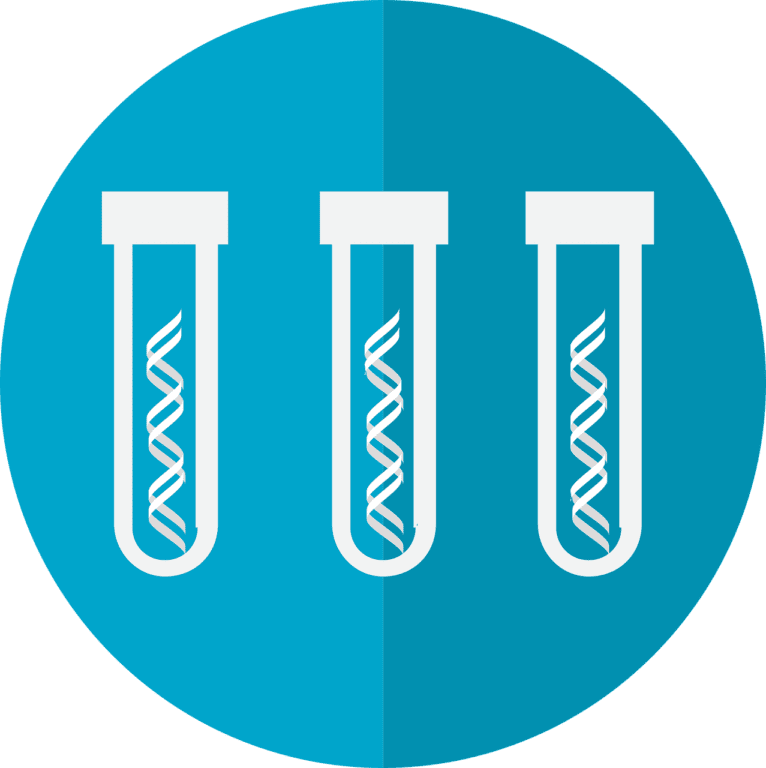According to a story from kshb.com, Maureen Boesen was already prepared for the worst when she first took a DNA test in order to determine if she carried a BRCA genetic mutation, which can dramatically increase a woman’s risk for both breast cancer and ovarian cancer. Her family was well aware of its history of cancer deaths dating back to the 19th century.
Maureen’s grandmother and five sisters didn’t survive past their 50th year because of cancer. At age 21, she was given the bad news that she had always anticipated and took action. Decades after the test had been conducted, she would learn that these results were inaccurate.
Ironically, the first thing that Maureen asked her doctors was if there was any way that the results were wrong. The doctors said no. Now fully convinced that she had the deadly cancer causing BRCA mutation, Maureen had no intention of having her life cut short. When she was just 23, Maureen had her breasts surgically removed to protect herself from future breast cancer.
Ultimately, she would go on to get married and give birth to three children. Maureen was still healthy so she was confident that the surgery had been a good move. Once she knew that she did not want any more children, she took another step to safeguard her health and prepared for a full hysterectomy. At this point, Maureen was in her early 30s. Doctors generally recommend that women who test positive for BRCA mutations should have this procedure done by their mid 30s, so Maureen was on track to ensure that, with the removal of both her ovaries and breasts, she would not succumb to cancer.
However, before getting approved for the surgery, Maureen’s insurance and health care providers both wanted her to get another DNA test. After four weeks, she received a shocking message from her doctor: the test results came back negative.
Considering the changes in DNA testing technology over the years, it is perhaps not entirely unlikely that Maureen got a false positive result. She was only a child when she first received the test. At that time, around 30-40 percent of results would be for variants whose significance was unclear in relation to cancer risk. Now, progress in research and testing means that this happens only about 1 or 2 percent of the time.
Maureen and her two sisters (one of whom is positive for BRCA mutations and the other negative) are planning on writing a book about their experiences.








